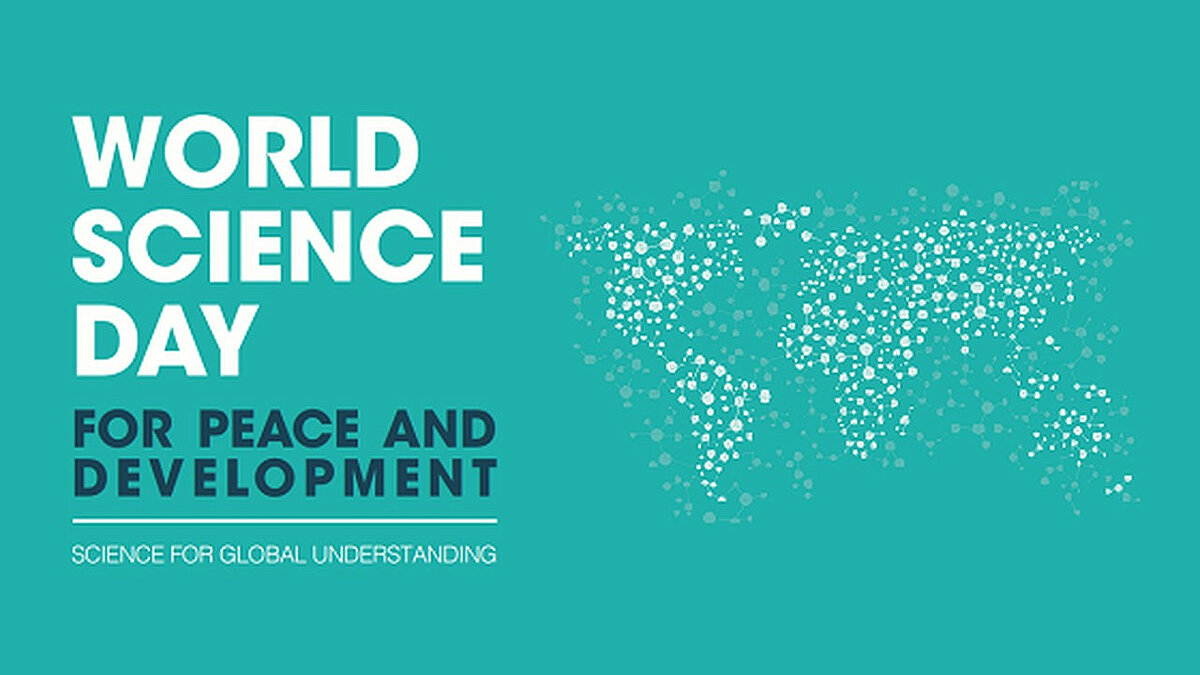ISLAMABAD, Nov 15 (APP): Speakers at the “Convention of Scientists” here Wednesday to commemorate the World Science Day for Peace and Development, said that trust in science could help build the future of nations through deriving evidence-based solutions to tackle global challenges.
The convention was arranged by UNESCO in collaboration with the Pakistan Science Foundation (PSF), the Commission on Science and Technology for Sustainable Development in the South (COMSATS), and the ECO Science Foundation (ECOSF) to raise awareness on quality and equitable STEM education.
Since 2001, the World Science Day for Peace and Development has been celebrated to highlight the important role of science in society and the need to engage the wider public in debates on emerging and important contemporary issues relevant to science.
This year’s global celebration and theme of the Day is focused on ‘Building Trust in Science’.
The role of science in shaping our collective future can only be fulfilled when there is a foundation of trust in science. This trust is what drives the development and application of evidence-based solutions to address the many complex challenges facing our world.
Building trust in science is a complex issue, influencing both how scientists carry out their work and how society views the field of science.
Also, enhancing trust in science strengthens the basis for science-based policy decisions and society’s support for their application.
During the event, in their remarks, Dr Youssef Filali-Meknassi, Director UNESCO, Islamabad, Prof. Dr. Shahid Mahmood Baig, S. I., Chairman PSF, Dr Seyed Komail Tayebi, President, ECO Science Foundation, Ambassador Dr Mohammad Nafees Zakaria, Executive Director of COMSATS and Dr Abida Raza, Technical Director, National Center of Industrial Biotechnology, PMAS- Arid Agriculture University highlighted the role of science and importance of STEM education.
Speaking on the occasion, Ambassador Dr Mohammad Nafees Zakaria said that science is a process, a study for any sort of application in any segment of life or related to anything that relates to humankind.
Its approach was based on analysis, experimentation, a lot of field proving and only then did people subscribe to the ideas or studies that were brought forward in science, he added.
Dr Seyed Komail Tayebi said that science was built on experimentation, evidence and observation. “When we observe critically and truly, science discovers such observation,” he added.
“The science is testing, retesting discoveries of observation so it is important when we trust science, actually we trust what is going on, what is happening in our lives, in human beings, in their societies,” he said.
Shahid Baig said without having trust in science, one could not understand life, the universe, and the creation of life and the universe.
The event was attended by government officials, scientists, researchers, science communicators, and science journalists.
Meanwhile, in connection with this year’s World Science Day, three interactive sessions for students are being organized on November 15 and 16 at the Pakistan Museum of Natural History, Islamabad.
These sessions are focused on hands-on activities like extracting DNA from fruits, effective laboratory and science communication, and fun with inertia. These sessions will help to build the interest of students in STEM fields.

